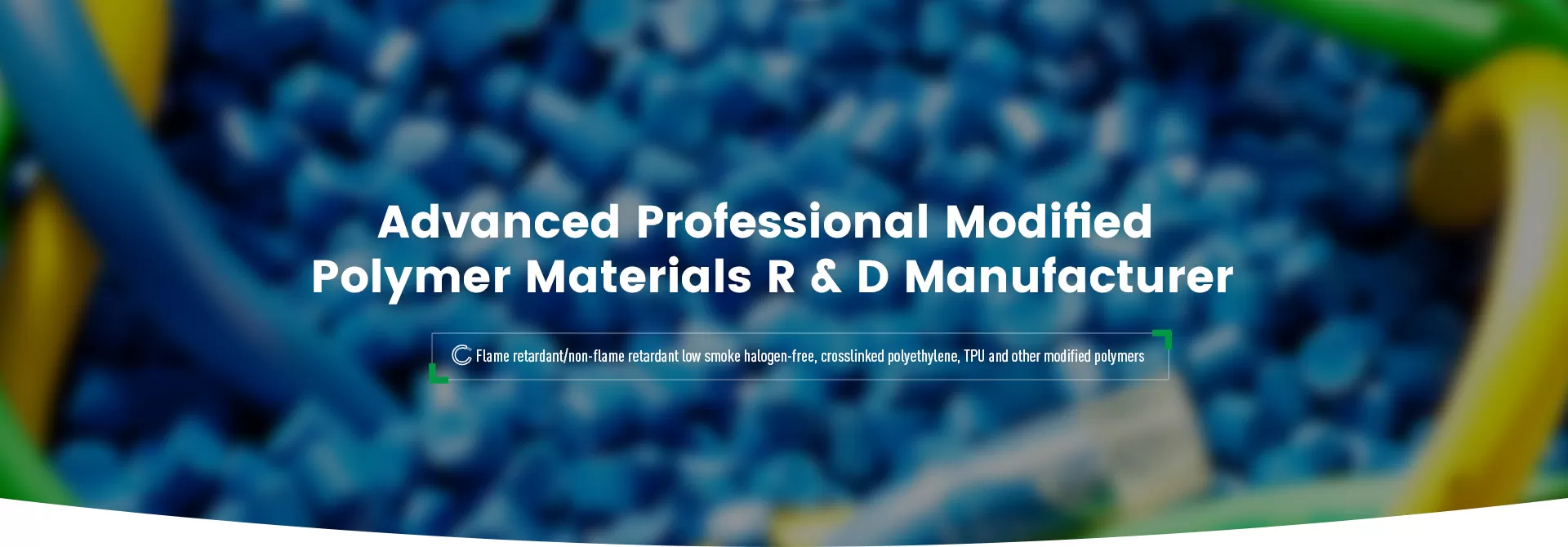
EPR cable compounds are essential in ship power cables. They offer unmatched oil and aging resistance. These properties are crucial for marine environments.
EPR, or Ethylene Propylene Rubber, is a synthetic rubber. It is known for its excellent electrical insulation. This makes it ideal for ship power cables.
In marine settings, cables face harsh conditions. Oil resistance prevents degradation from oils and fuels. Aging resistance ensures long-term performance.
EPR cable insulation also provides thermal stability. This is vital for cables exposed to varying temperatures. It enhances durability and reliability.
The flexibility of EPR compounds aids installation. It allows for easy handling in complex ship layouts. EPR Material is a Preferred choice for marine applications.
EPR cable compounds are crucial for marine power systems. Their unique properties cater to the demanding needs of ship power cables. Understanding these attributes helps us appreciate their advantages.
EPR, or Ethylene Propylene Rubber, is valued for flexibility and strength. These properties make EPR an excellent choice for the marine industry. It ensures cables withstand mechanical stress and remain intact over time.
The role of EPR compounds in ship power cables includes:
Providing exceptional electrical insulation
Offering strong resistance to oils and fuels
Maintaining stability under varying temperatures
EPR's non-halogenated nature is an added benefit. It makes these materials environmentally friendly. This aspect aligns with increasing environmental regulations in the maritime sector.
Moreover, EPR materials resist environmental factors such as UV radiation and ozone. This resistance enhances the longevity of ship power cables. As a result, it reduces the need for frequent replacements.
EPR cable compounds are indispensable for ship power systems due to their oil resistance. Ships operate in environments with high exposure to oils and fuels. This makes oil resistance a crucial property for cables.
In marine settings, oils can degrade conventional cable materials. However, EPR compounds are inherently resistant to such degradation. This resistance ensures the long-term reliability of ship power cables.
Key reasons why oil resistance is important include:
Prolonged lifespan of cables despite exposure to oils
Reduced risk of electrical failures due to oil penetration
Lower maintenance costs and increased safety
The oil-resistant nature of EPR compounds means cables retain their mechanical integrity. They remain effective even in harsh, oil-rich environments. This oil resistance is a primary reason EPR compounds are preferred in marine cables.
Incorporating EPR material in marine cables provides peace of mind. Engineers and operators can trust in the performance and durability of their ship’s electrical systems. This trust is vital for maintaining operations without unexpected interruptions.
EPR cable compounds are renowned for their aging resistance. This property ensures that ship power cables maintain functionality over time. In marine environments, where conditions can be harsh, this is crucial.
Aging resistance means EPR cables remain effective despite temperature fluctuations and exposure to elements like UV radiation. Such robustness is essential for power systems that need to operate without failure for years.
Key benefits of EPR aging resistance include:
Consistent electrical performance over time
Less frequent need for cable replacements
Enhanced safety and reliability of power systems
EPR compounds resist oxidation and other forms of degradation. This resistance is vital for longevity in marine applications. By using EPR cable insulation, shipbuilders can ensure durability and dependability, reducing downtime due to maintenance.
The long service life of EPR insulated cables contributes to the overall efficiency of ship power systems. This, in turn, leads to decreased operational costs and increased safety for marine operations.
EPR cable insulation offers a myriad of benefits critical for marine power systems. Its flexibility allows cables to be installed easily in cramped ship layouts. This adaptability simplifies installation, making it ideal for intricate ship designs.
EPR's insulation provides outstanding thermal stability. It maintains performance despite exposure to varying temperatures. This characteristic is essential for the tough and unpredictable marine environment.
Advantages of EPR cable insulation include:
High dielectric strength, ensuring reliable operations
Low water absorption in humid conditions
Environmentally friendly, non-halogenated material
Furthermore, EPR compounds demonstrate excellent resistance to mechanical stress. Abrasion and impact are common on ships, and EPR cables withstand these challenges effectively. This durability leads to reduced maintenance and operational costs.
EPR material enhances safety and performance by resisting chemical exposure commonly encountered in marine settings. It maintains integrity in both low and medium voltage applications. For maritime professionals, these benefits mean reliable power delivery and compliance with stringent safety standards.
EPR material's flexibility and resilience make it ideal for diverse marine applications. It thrives in harsh conditions where cables are exposed to oil and saltwater. This makes EPR a preferred choice for power distribution systems on ships.
Customization is a significant advantage of EPR material. Manufacturers can tailor EPR compounds to meet the specific needs of different marine applications. This includes adjustments for voltage requirements and environmental conditions.
Key applications include:
Power Distribution: Suitable for low and medium voltage systems.
Safety Systems: Meets stringent marine safety standards.
Control Systems: Ideal for complex ship configurations.
These qualities ensure EPR compounds remain a top choice for marine engineers. By offering versatile solutions, they fit varied roles in marine environments. This adaptability supports their widespread use across the maritime sector, ensuring reliability and efficiency.
The future of EPR cable compounds in ship power systems looks promising. Their exceptional oil and aging resistance will continue to set them apart. These properties enhance durability and reduce the need for frequent maintenance.
Moreover, advancements in EPR formulations will likely broaden their applications further. As the maritime industry prioritizes efficiency and longevity, EPR cable compounds will play a crucial role. They offer reliable performance and a sustainable choice for future ship power systems.